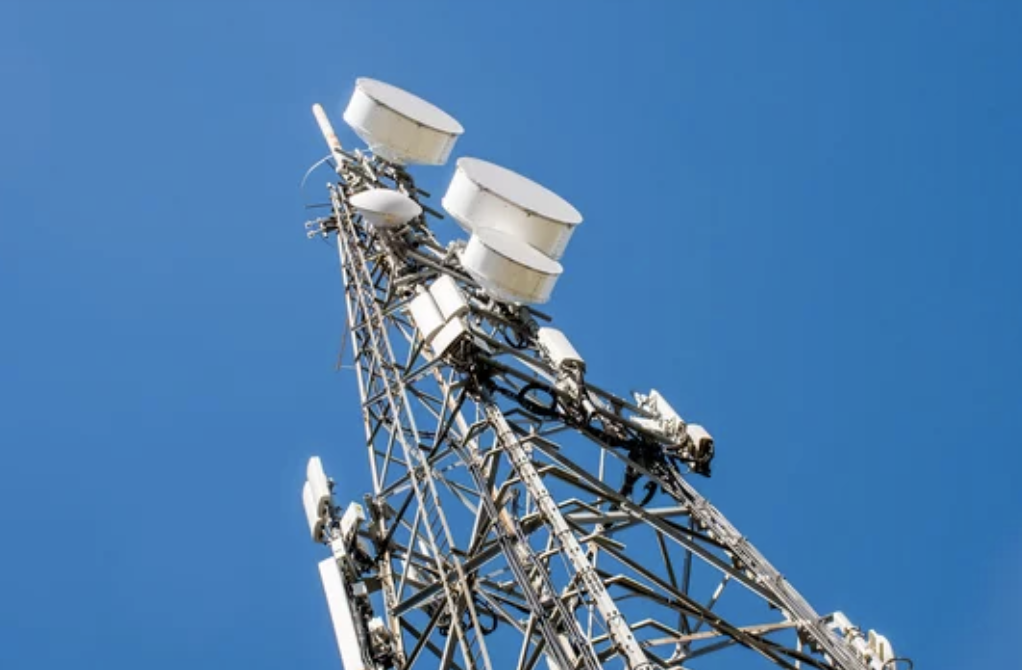Protect Your Practice: Lessons from a Major Healthcare Cyberattack

In a world where digital threats loom more prominent daily, even the healthcare industry giants aren’t safe from cyberattacks. A striking example of this vulnerability came to light recently when Change Healthcare, a significant U.S. health tech company, fell victim to a sophisticated ransomware attack. This incident is a cautionary tale for all significantly smaller […]
The Truth is Cyber Attacks Don’t Just Start with Ransom and End at Recovery: It’s Much Worse

After cyber attacks attention often centers on immediate impacts such as ransom payments and data recovery. However, have you ever considered the broader repercussions that extend far beyond these initial concerns? Cyber attacks incur costs that ripple through organizations, impacting finances, reputation, legal status, operations, customer relationships, and long-term viability. As you delve into the […]
Navigating the Cyber Threat Landscape in Private Healthcare Practices: A Closer Look

The Challenge in Private Healthcare Practices In the increasingly digital world of private healthcare practices, the dual challenges of protecting sensitive patient information and ensuring uninterrupted care have never been more pronounced. With limited resources, reliance on legacy software systems, and the critical nature of the data they handle, private practices present an appealing target […]
Cybersecurity in the Age of Remote Work

Faced with the challenges of the modern office, a proactive approach to remote work security measures is required to ensure the protection of sensitive data and networks. Remote workers accessing corporate networks introduce security challenges and potential risks that demand stringent security protocols. The increased use of endpoint devices and networking connections amplifies the complexity […]
AT&T customers report a massive outage – Navigating the Waters of Network Outages: Insights from a Major Disruption

In the fast-paced world of IT and telecommunications, a network outage can feel like navigating through a stormy sea. This morning, many AT&T customers found themselves adrift as they experienced widespread disruptions across the United States. This incident highlights the unpredictable nature of technology and the importance of preparedness and resilience in our digital lives. […]








